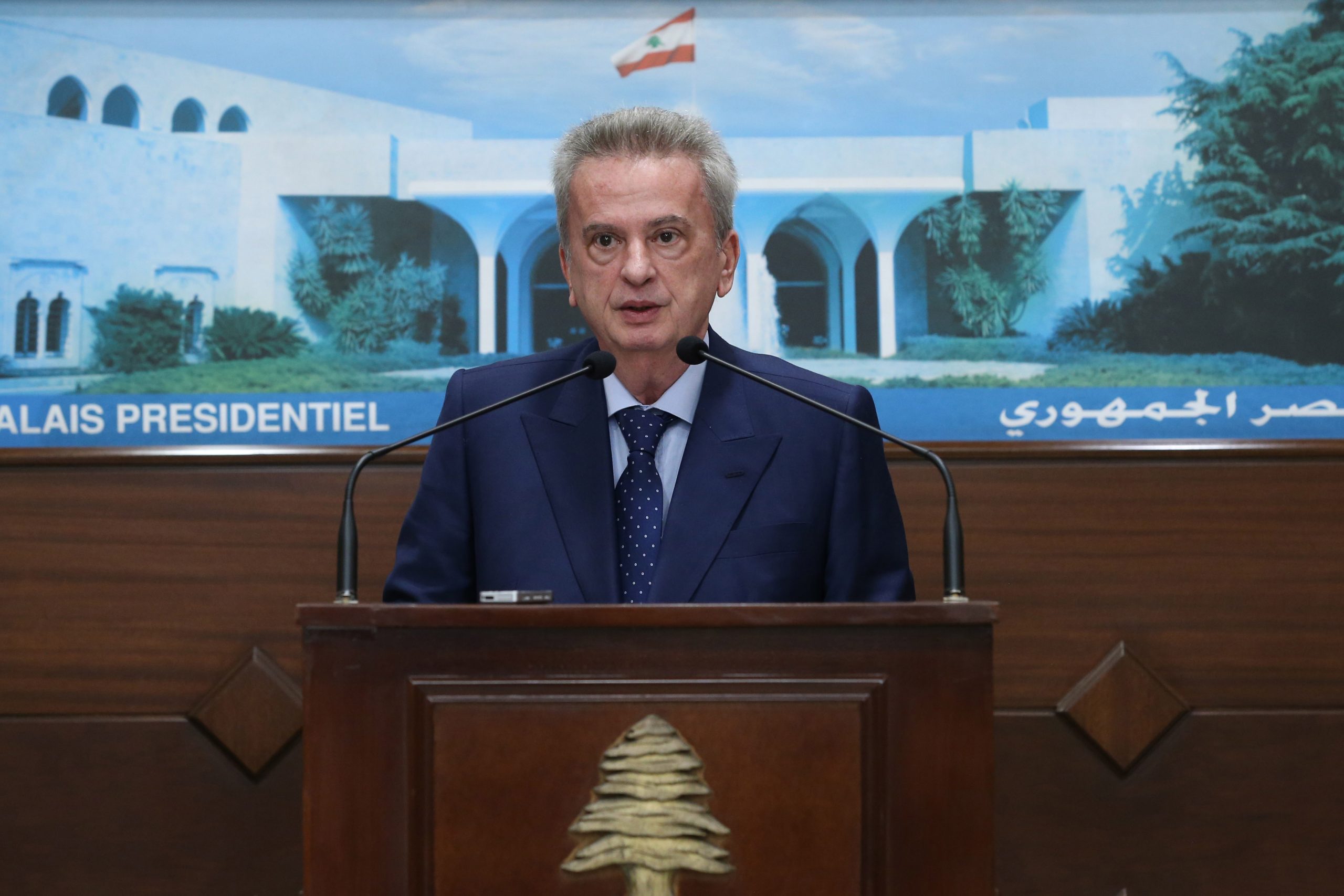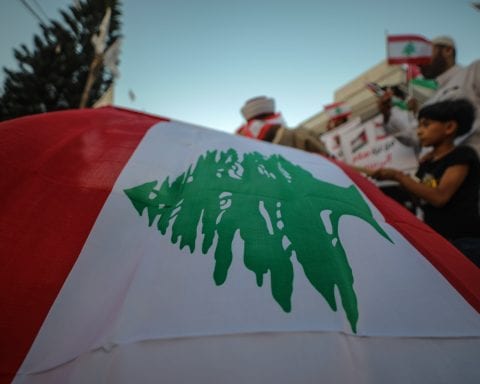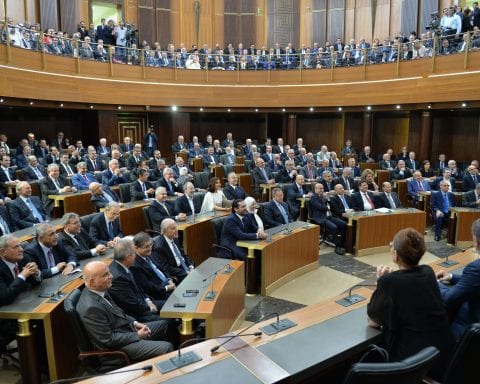On Thursday, the governor of Lebanon’s central bank reassured depositors that it was not bankrupt and that people’s deposits were safe and would be returned soon, after reversing a decision to stop withdrawals that triggered street protests.
Angry Lebanese people took to the streets late on Wednesday over an announcement from the central bank, the Banque du Liban, that withdrawals from dollar deposits at a fixed rate much lower than on the informal market, though higher than the official rate, would be halted.
“A decision to regard Circular 151 issued by the central bank as still in force has been made,” the presidency said in a statement after a meeting that included Banque du Liban Governor Riad Salameh.
Lebanese banks have locked depositors out of their dollar accounts and blocked transfers abroad. But under Circular 151, issued last year, depositors have been permitted to withdraw dollars, with the funds paid in the local currency at a rate of 3,900 pounds to the greenback.
That is only about a third of the value of dollars on the black market, which on Thursday were traded at around 13,000 pounds to the dollar but it has been the only way many Lebanese have been able to access their funds.
The official rate is set at 1,500 pounds to the dollar.
Lebanon is in the throes of a deep financial crisis, wrought by decades of endemic corruption, waste and mismanagement, that is threatening its stability and is described by the World Bank as one of the deepest depressions in modern history.
In a report this week, the World Bank forecasts that Lebanon’s gross domestic product, which has already shrunk from $55 billion in 2018 to an estimated $33 billion last year, would contract by a further 9.5 percent in 2021.
The World Bank added that the crisis, which has led to shortages of basic imported goods, was being aggravated by a “debilitating institutional void” caused by high-level political deadlock.














